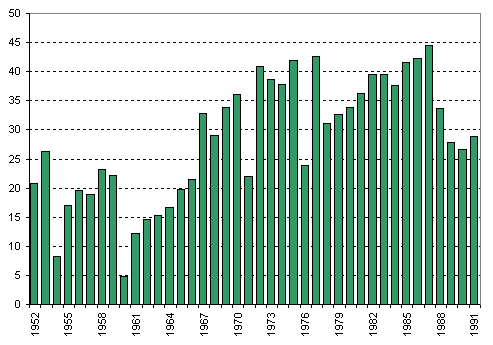Hohryakov Gf Paradoksi Tyurjmi
ANNEXURE - 1 STANDARDIZED CLINICAL PROTOCOL - VATARAKTA Title of PhD Developing a Standardized Clinical Protocol for Ayurveda clinicians based on Ayurveda theory and clinical practice Guide: Vd. Ramesh Nanal Researcher Scholar: Dr. Gangadharan University Tilak Maharashtra Vidyapeeth, Pune The late Vaidya PG Nanal Department of Ayurveda.
The article for the first time poses and examines the problem of purposes of placed on the prisoners’ rights restrictions in light of the requirements of the Constitution of Ukraine, the European Convention on Human Rights and Fundamental Freedoms, Criminal Code and Penitentiary Code of Ukraine. It identifies the common ground of these requirements and some theoretically possible solutions to the problem of its coordination. This article also describes the ambiguity and problematic development of a single scientific approach to understanding the goals and requirements of the inmates’ rights restrictions. Citing some examples, the author demonstrates the relationship between the theoretical and practical nature of the problem. By showing their importance to the national penitentiary activities as the process of rights restrictions’ application to prisoners attention to the importance of international standards on inmates’ rights restrictions is paid.

Contents Introduction 1. Proposed amendments to the Internal Pre-Trial Detention Centers Rules 2. Proposed amendments to the Internal Prisons Rules 3. Bangla islamic gojol mp3 download. The draft of the Internal Pre-Trial Detention Centers Rules prepared by the Ministry of Justice of Ukraine 4. The draft of the Internal Prisons Rules prepared by the Ministry of Justice of Ukraine This publication is the first comprehensive attempt to familiarize general public with the problems of the Internal Rules of Ukrainian prisons. It contains suggestions of amendments to the Internal Pre-Trial Detention Centers Rules, as well as the Internal Prisons Rules. The proposals are intended to implement international standards, such as recommendations of the European Committee for the Prevention of Torture and decisions of the European Court of Human Rights.
The changes are based on international standards as well as other logical and legal arguments. The author points out the shortcomings of the two current Rules, which are considered as leftovers of the Soviet Union, and should therefore be changed in the light of modern approaches to prisoners’ rights. The publication also contains draft amendments to the Internal Pre-Trial Detention Centers Rules, as well as to Internal Prisons Rules developed by the Ministry of Justice as of August 2017. Introduction The title of this work speaks for itself. Ukrainian prisons still live by the orders written in the days of the USSR. Today, these orders are made sustainable through many legal acts, but their quintessence is in the Internal Prison and Pre-Trial Detention Centers Rules. These regulations are by-laws that have undergone several stages of review during the Ukraine independence.
Namoz vakitleri tashkent. • Open in your mobile browser and refresh the web page If you're using a browser other than Chrome, visit your browser's help center by visiting their website.
However, despite the large number of formal amendments and changes in terminology, they essentially preserve the basic philosophy and provisions of the Soviet internal prison regulations developed by the Ministry of Internal Affairs of the USSR. Every prison officer may confirm: these Rules are perceived as key documents that frame internal processes in prison. The Rules are sometimes referred to as the “Bible” of prisons, since their norms are perceived as sacred. At one time, a senior official responsible for the regime on the territory of all Ukraine indicated: “Every provision of the Rules is written by the blood of more than one generation of prison personnel and prisoners.” Therefore, in his opinion, maximum conservatism in the process of their revision is justified. Such a vision is observed in every new generation of managers of the Ukrainian penitentiary system.